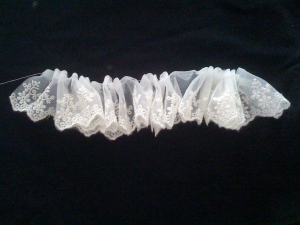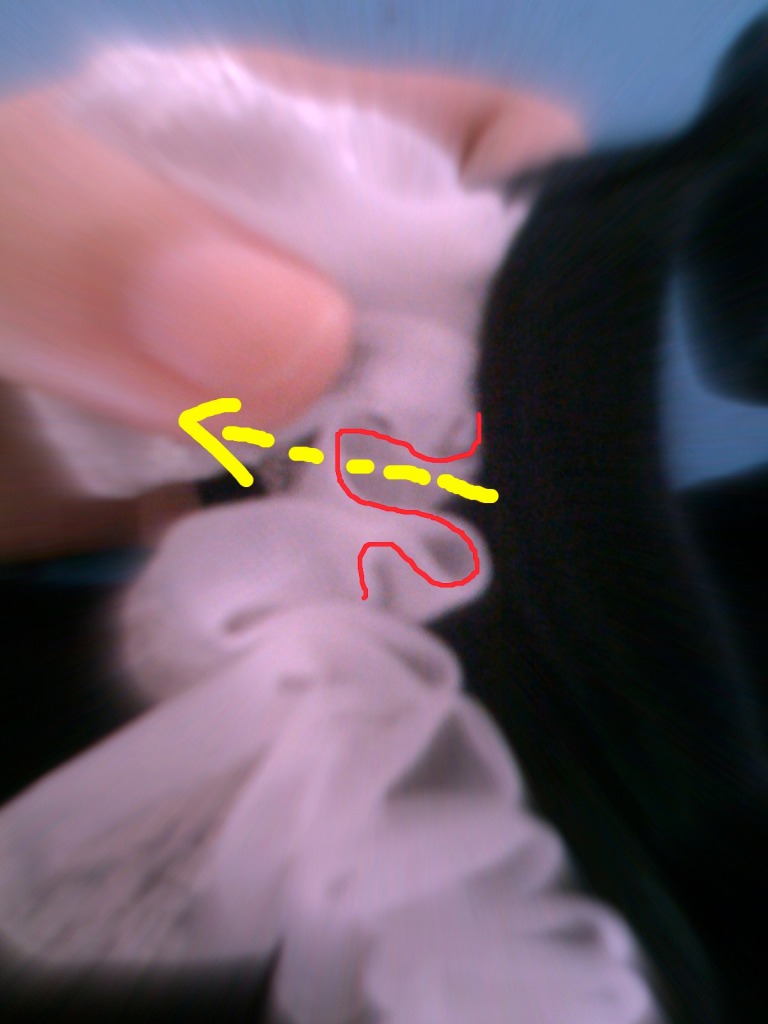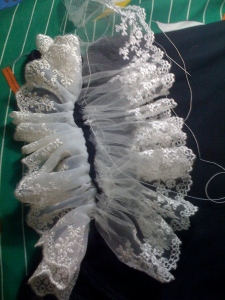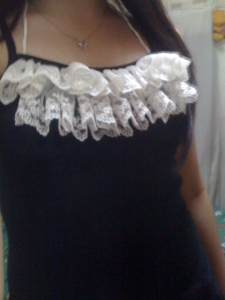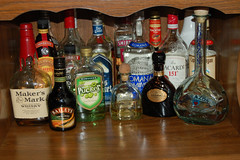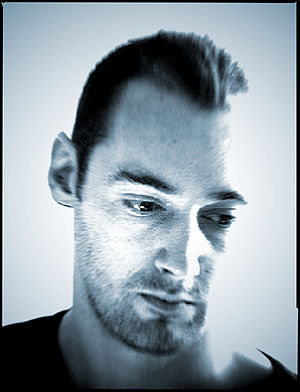About Depression Anxiety
There are people who experience both primary Anxiety Disorder and primary depression. This psychological disorder can be referred to as depression anxiety. Basically, physicians distinguish the various types of depression anxiety based upon information extracted from the patient, the particular symptoms that are present, the medical history of the individual and his or her family, and sometimes the sequence of the symptoms (whether depression or anxiety happens first).
The doctor’s professional decision on whether anxiety or depression or any other disorder is the primary cause of a patient’s difficulty is known as the differential diagnosis. At times, however, arriving at this differential diagnosis is complicated and may require constant evaluation by means of interviews, laboratory exams, and—sometimes—trials of various treatments appropriate for depression and Anxiety Disorders.
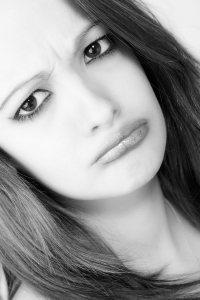 |
| Feeling anxious and depressed? Talk to someone. |
Depression and Anxiety are two inter-related terms. It could either be that the former has precipitated the latter or vice versa. Consequently, depression – anxiety potentiate each other’s negative emotional effect on a person.
Depression Anxiety View 1: Anxiety Influences Depression
Due to anxiety, plenty of people also develop depression, this particular phenomenon could then result in feelings of self-pity and make the person feel worthless. Feelings of depression arise if anxiety exists because anxiety has a tendency to crush one’s spirit and make one feel emotionally spent. Moreover, one begins to see no chance out from the way he/she thinks and he/she has absolutely nothing to anticipate. Nonetheless, anxiety itself is depressing, and it is usual to get somewhat depressed if anxiety persists too long. Usually, however, sad emotions in anxious people are less intense compared to those found in people whom depression is the major problem. Alleviating primary anxiety often helps mild associated depression as well.
Depression Anxiety View 2: Depression Causes Anxiety
Individuals who are depressed usually feel anxious too. In agitated depression, their anxiousness is extreme and may be presented as an inability to sit still, constant pacing, hand wringing, picking at clothing or fingers and nails, lip biting, and tormented facial expressions that convey their inner turmoil. Difficulty making up one’s mind and other indications of anxiety can also emerge with depression.Depression Anxiety: Basic Treatment
The best thing one can do about feelings of depression due to anxiety (or the other way around) is usually to tell him/herself that the feeling is only temporary.
If you are caught in this turmoil, do practice inviting new things into your day, do not let depression rule over. Start taking walks and go for a swim to shake off the undesirable feeling, this can greatly help you divert your attention into another foci. Do not permit yourself to wallow too much in a pool of negative emotions.
Nature and a natural diet are fantastic mood lifters and they can also relieve feelings of anxiety. Going out for a run or a walk, or taking some daily exercise is better than sitting at home brooding about how depressed you feel. Exercise in itself emits endorphins, which are great for elating the mood, and it can also burn off all those stress chemicals built up during the day.
More importantly, if what you are experiencing has been going on for quite some time - then do not hesitate to ask for help. Seek professional help to assess the current situation, and ask for support from family and friends. Although this situation is but normal, however, when depression anxiety is left untreated, it can result to a more serious detriment to the body.
Related articles
- Youth mental health (bupa.com.au)
- Depression (cozyblanketsnowflakerepetitioncompulsion.wordpress.com)
- Brief Psychotherapy Helps Multiple Sclerosis Patients with Insomnia and Depression (ahrq.gov)
- Antidepressant anxiety one reason patients clam up about depression (cbsnews.com)















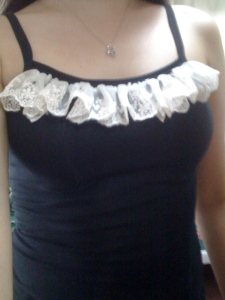



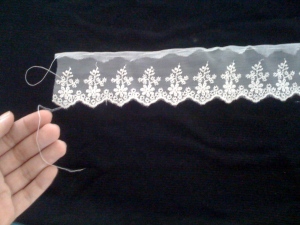 [/caption]
[/caption]